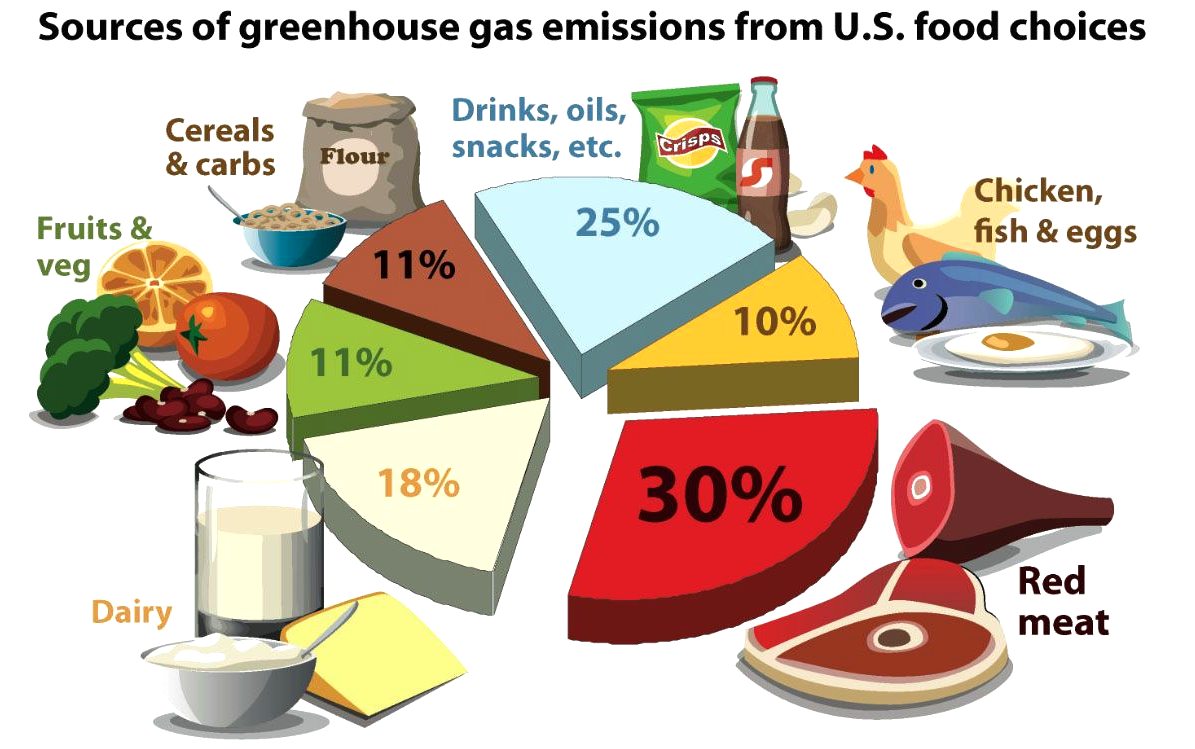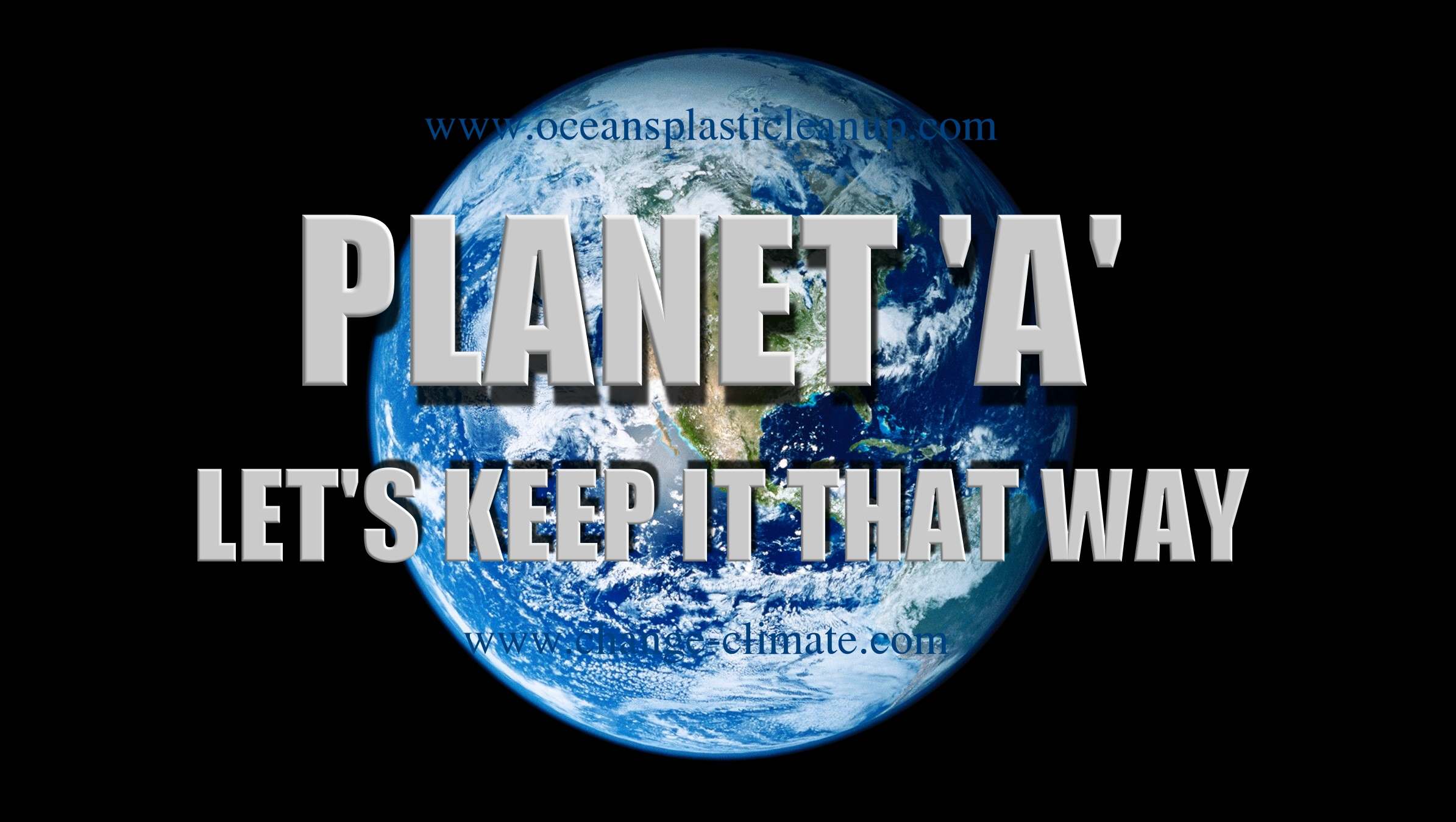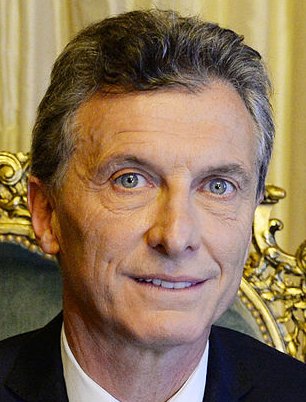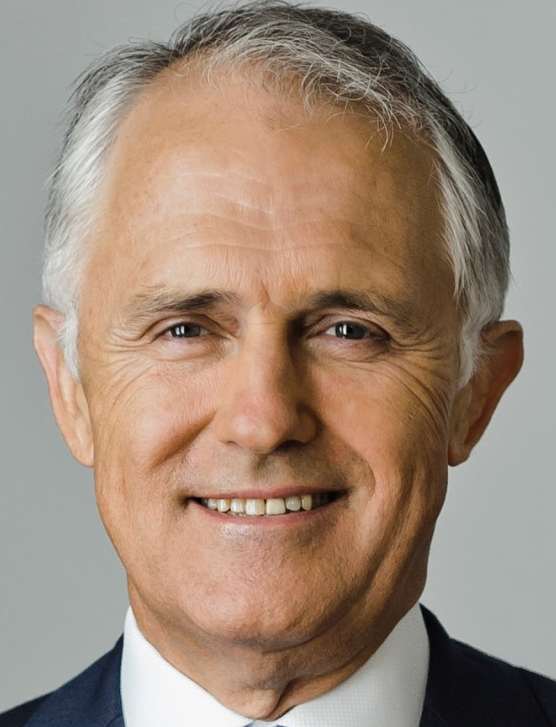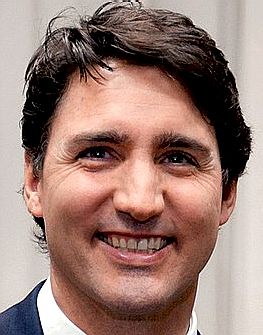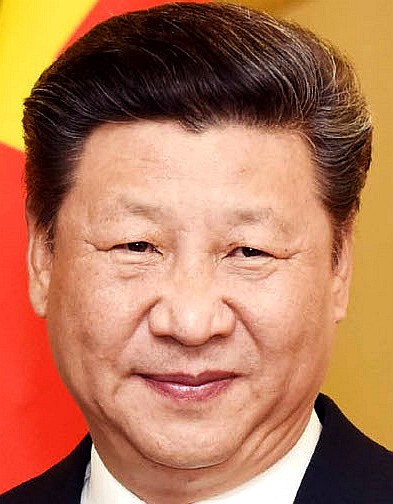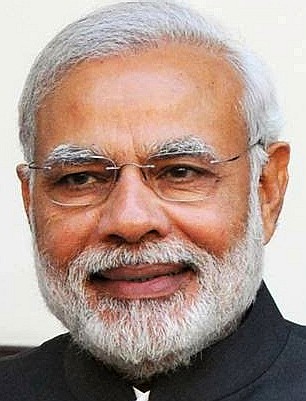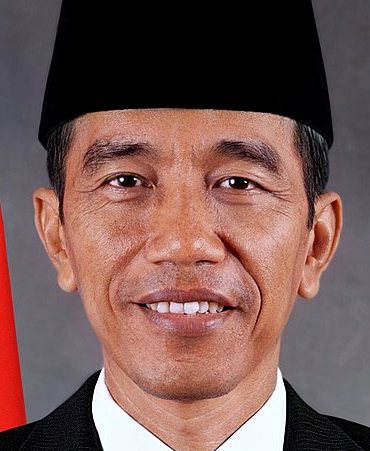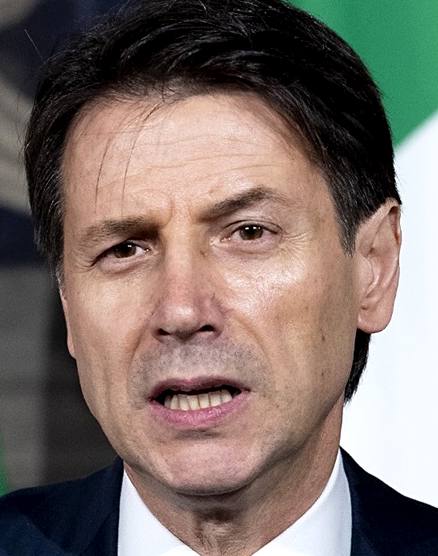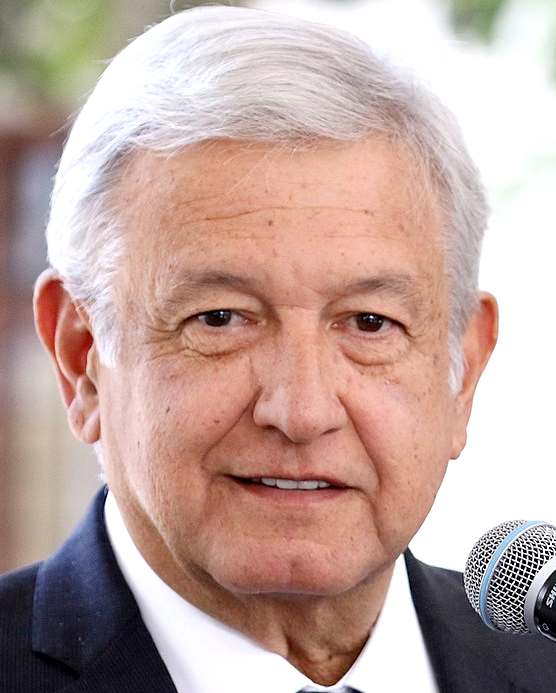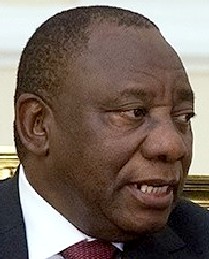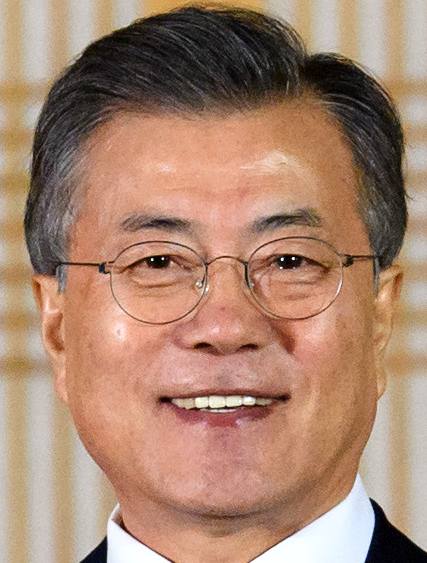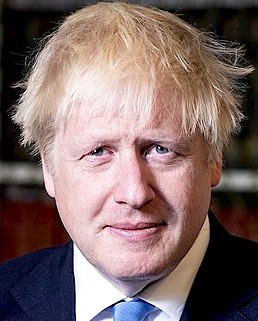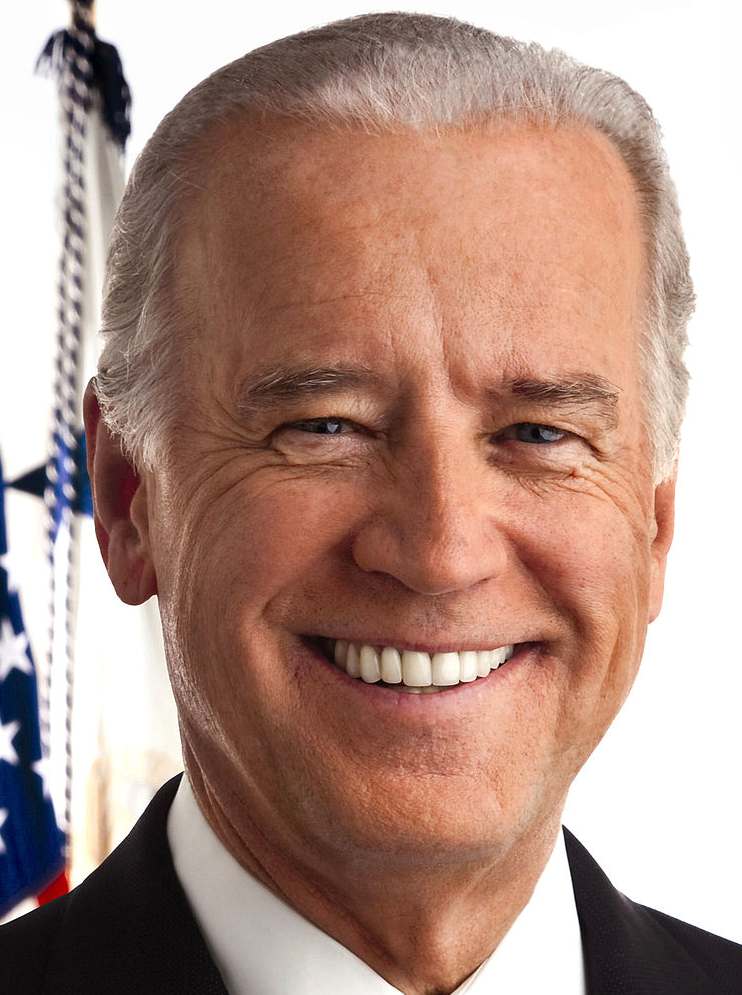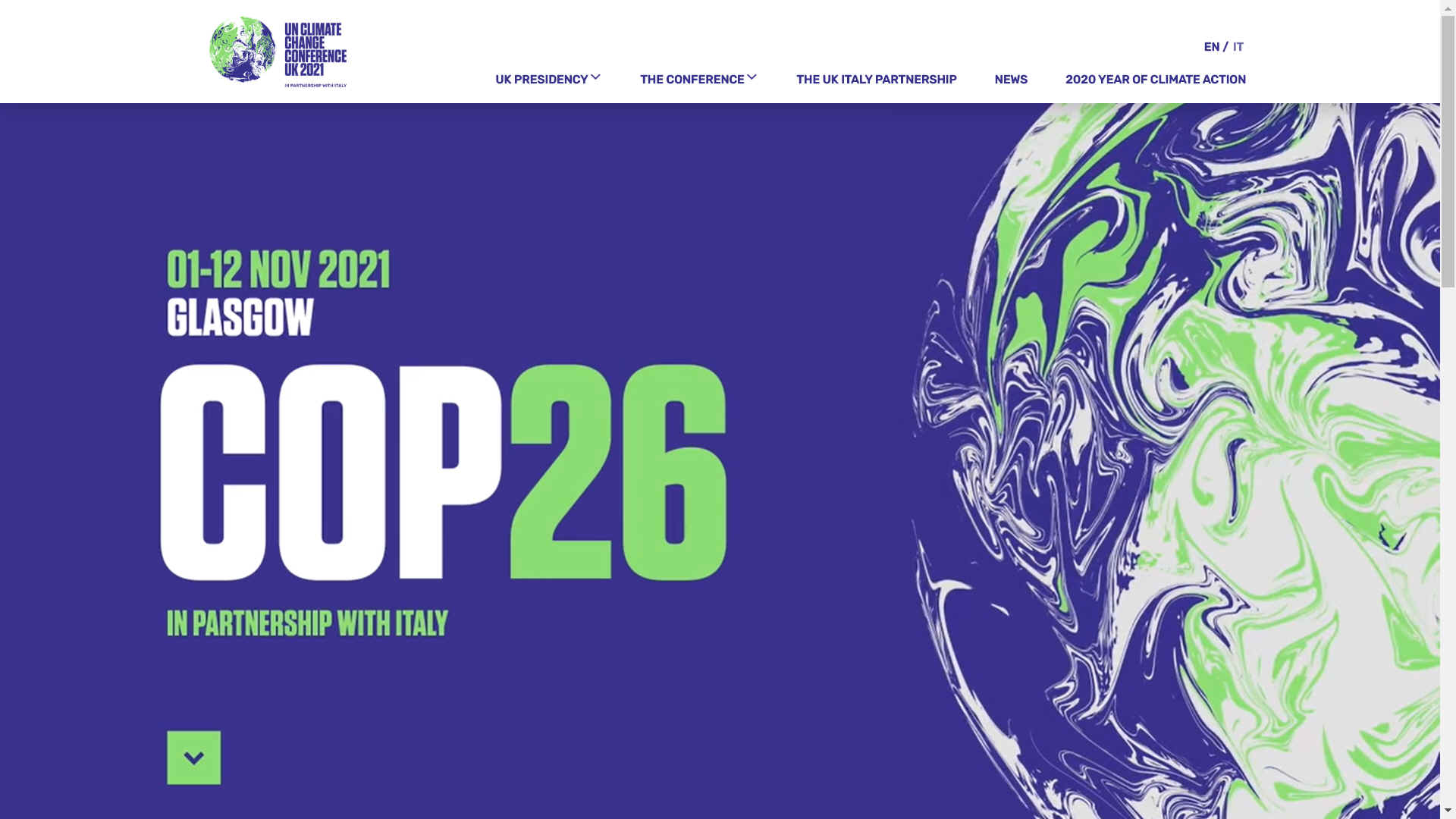|
AGRICULTURE, FISH & TREES
Please use our A-Z INDEX to navigate this site, or our HOMEPAGE
EXTINCTION OF SPECIES - From blue planet to scorched earth because vested interests prevent politicians from putting the brakes on. Economics stopped them thinking about the safety of life on earth. They'd rather die richer, than live, gambling with the future of our children and every other species on earth.
According
to one study, 38% of the world’s total land area was used
for agriculture in 2007 and agriculture is responsible for
over 70% of global freshwater consumption. Additionally food
wastes can be used and bioenergy crops can be used to
complement supply chains.
Agriculture is a big subject that covers the growing of crops, fishing and trees being grown for wood by way of a carbon lock.
Rearing livestock for food is one of the biggest contributors to greenhouse gases, whereas growing trees provides us with oxygen and wood that locks up carbon. We should love trees. There is a scale of carbon dioxide in relation to the production of meats, fish, vegetables and fruits, with dairy produce somewhere in between. you can see from these scales that eating nuts, cereals and fruits would fulfill your protein and antioxidant requirements. Beef and lamb is right off the scale climate wise, but most of us enjoy a kebab or a burger from time to time. Midway, we have dairy, fish and poultry that gives variety at reasonable levels of gas production. Ideally, we need meat substitutes that taste like meat and provide the animal fats we need to remain healthy.
Obviously, we need to be able to grow crops and produce livestock for food, but we should be looking at educating the population as to diets that are more CO2 and methane neutral. Many people would change their diets if they knew the harm they were causing by way of global warming by eating red meats. Campaigns such as No Meat Mondays are proving this. Changing to a pescetarian, vegetarian or vegan diet could have major benefits in the quest for a cooler planet.
Ecological footprints are measured in global hectares (gha) - the amount of bioproductive land and sea available on the planet. We can calculate our footprint by adding up the hectares it takes to grow our food and farm the animals we eat; the hectares our house stands on; the hectares that oil refineries and other energy infrastructure we depend on take up; the hectares of forest that would be needed to absorb the CO2 emitted by our fuels; a share of the hectares taken up by our roads; and everything else we do that has an impact on the planet’s ecology. This is a WWF Definition.
But where do we get the idea that meat eating is bad for the climate? It seems every one points to a 2006 report from the United Nations Food and Agriculture Organisation that found that the meat industry produces more greenhouse gases than all the SUVs, cars, trucks, planes, and ships in the world combined. The report, entitled Livestock’s Long Shadow, claimed that meat production accounts for about 18% of the world’s total greenhouse gas emissions.
CARBON DIOXIDE & TREES
We need to lock up as much carbon as possible using wood, and for that we need to grow more trees sustainably. This should be a prime target for local authorities to encourage eco house building in their geographical regions. Wood is good.
Coal is a product of wood from the great forest of our past, and a natural way of locking carbon. This is also true of oil. When we burn coal or oil we release locked up carbon, back into the atmosphere. Using renewable energy to replace coal and oil can only benefit the human race and every other species on earth that is relying on us to do the right thing.
CHANGE OR DIE
The dinosaurs could not adapt in time, they were cumbersome creatures that needed an energy intake to support their mass. This is just like our present economy, based on giant corporations, taxation at every level to support the state and money lenders, living off the sweat of an honest man's toil - as unearned income. There are too many chiefs riding on the backs of the workers like leaches in society. This is unsustainable and it's all based on inequitable loans for overpriced housing and cars, that should perhaps be index linked.
Dinosaur, politicians should be replaced with representatives who understand sustainability and what a circular economy means. The dogs that grew up accepting fossil fuels and nuclear power as being normal, are unlikely to be able to grasp new tricks that are alien to them. These relics of overheated economics based on continuous growth, caused global warming. With only one planet to exploit, growth could never be continuous. These were hollow election promises for prosperity, based on borrowing, that led us to the brink.
The Cleaner Ocean Foundation operates as a think tank to promote ideas and technology for a brighter future. Governments around the world have been putting out calls for proposals to alleviate global warming since the 1990s. They have not been successful in fostering development of what we need to prevent the extinction of species or prevent ocean levels from rising. They have put the burden on the shoulders of industry instead of driving change with statute and funding to push for cleaner living.
SIX (SUGGESTED) STEPS TOWARD A COOLER PLANET
1. TRANSPORT: Phase out polluting vehicles. Governments aim to end the sale of new petrol, and diesel vehicles by 2040 but have no infrastructure plan to support such ambition. Such infrastructure should exceed the performance of fossil fuel filling stations, prolong EV battery life and provide power grids with a measure of load leveling. Any such system should seek to obviate the provision of millions of fast charge points to include fuel cell cars, where implementation could otherwise prove to be a logistical nightmare. This may involve international agreement as to energy storage format and statute to steer OEM vehicle makers to collaborate as to future proofing, to include green hydrogen.
Marine transport can be carbon neutral given the right policy incentives, with phased transition in specific stages such as not to unduly penalize present investment in LNG shipping and other recent MARPOL compliant IC powered vessels. Future cargo vessel should be at least in part powered by renewable solar and/or wind energy, on the road to zero carbon, making allowances for technology catch-up. A scrappage scheme might encourage fleet operators to accelerate shipping upgrades, and a fund for radical innovation that would not otherwise qualify under in-situ programmes (such as Horizon Europe) might be introduced - with fast-track, reduced, form-filling and open-loop decision making, such that applications may be tweaked rather than struck out.
Air travel powered by kerosene should attract hefty mitigation offset, where low carbon alternatives should be encouraged such as electric air transport.
2. RENEWABLES: Renewable energy should replace carbon-based fuels (coal, oil and gas) in our electricity for homes, factories, heating and transport. Coal and nuclear power plants should be phased out.
3. HOUSING: On site micro or macro generation is the best option, starting with new build homes that are both affordable and sustainable by design to replace crumbling housing stocks. Encourage building in timber to provide carbon lock from a renewable natural resource. Planning policies should be updated to outlaw unsustainable development, with harsh financial penalties for kleptocratic local authorities, especially those with a history of corrupt practices (from historic similar fact evidence files).
4. AGRICULTURE: We need to grow more trees to absorb carbon emissions from a growing population, unregulated/unrestricted air travel. New homes should be timber where practical as a priority. We should promote reductions in food waste and the eating of foods that use less energy to produce. Educate children on these matters in schools and via campaigns such as no meat Mondays, should be part of ordinary study. Polluted fish from fisheries, might be replaced with fish farmed by aquaculture inland, rather than risk carcinogens from our seas.
5. INDUSTRY: Factories should be aiming for solar heating and onsite renewable energy generation. EV parking and even service facilities should be part of new industrial estates as part of any building permissions - with subsidies or tax reductions as incentives to property developers.
6. POLITICS: - National governing bodies need to adopt rules to eliminate administrative wastages, to include scaling down spending on (showboat) war machines, increasing spend on educating the public and supporting sustainable social policies that mesh with other cultures. This includes fostering policies and making funds available to close links in the technology chain to make up for lost time. Kleptocratic empire building must cease in the search for natural equilibrium.
International aid should not be provided to regions that cannot support life naturally. Land reclamation should be outlawed, and a solid currency system based on the ability of the planet to provide food for a growing population, such as a $Food Standard, such as to index link food production (security) to prevent unrestricted (artificial) money lending and superheated economies. There should be a policies of zero trust and full accountability.
Taxes collected from citizens in any form should only be spent on services they are collected for. Road Fund Licences, for road building, National Health Insurance Contributions, for health facilities, etc. The spend of other taxes such as Income and Value Added, should be fully accounted for to prevent slush fund payouts, for defence contracts, for example.
All policies should be SDG and Human Rights compliant, with exceptions needing to be openly qualified and justified, with effective remedy (right of challenge) to a higher national tribunal/court at every level, and to the international court of justice, where a national remedy conflicts. A lack of transparency and accountability would be one of the main reasons for challenge - because such decision making is highly suspect.
THE G20 HEADS OF STATE (2020) A - Z
LINKS & REFERENCE
https://
2020 - Was another year of non-action, in fact no talks at all for the big cheeses to squabble and cloud issues for all the smaller nations that are being exploited. Can we expect anything of value to come out of the 2021 Highland fling?
Interestingly, the Covid 19 pandemic may have the effect of braking the economies of many nations - hence slowing global warming. This should be a lesson to all politicians.
AGRICULTURE | BANKS | HOUSING | GROUP20 | INDUSTRY | MONEY | POLITICS | RENEWABLES | TRANSPORT
This website is provided on a free basis as a public information service. Copyright © Climate Change Trust 2021
|
